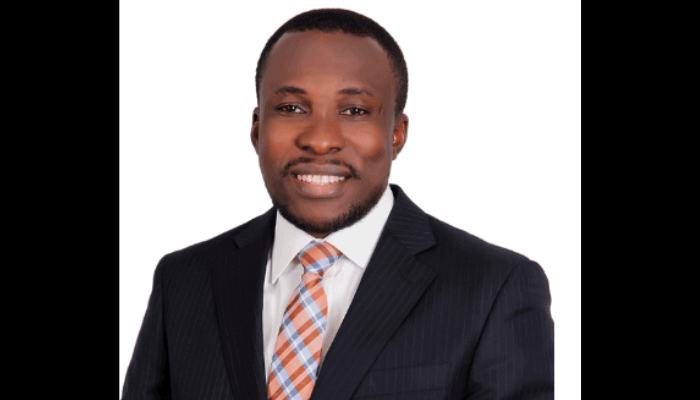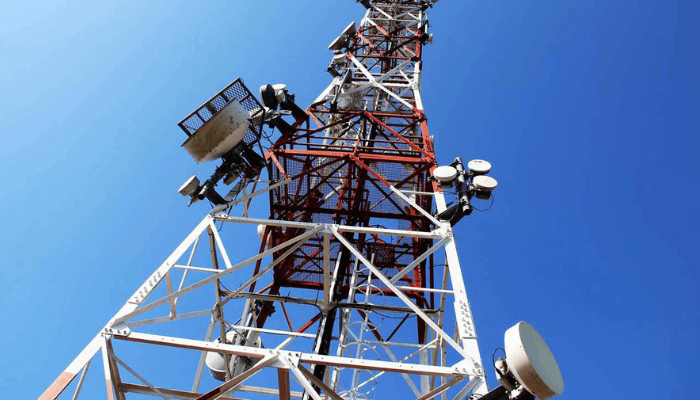Succour is on the way forô Nigerians and other peopleô infected with the Ebola Virusô Disease (EVD) in Westô Africa as Canada is set to
donate between 800 and 1,000ô doses of an experimental Ebolaô vaccine-VSV-EBOV- to the Worldô Health Organisation (WHO) for useô in the Ebola ravaged region.
The vaccine which was developedô by the National Microbiologyô Laboratory, Canada has shownô promise in animal research althoughô it has never been tested on humans,ô Canadaãs Public Health Agencyô pointed out. The Canadian Governmentô ethics advisory group andô WHO panel of medical ethics expertsô both informed the decision to giveô out VSV-EBOV, despite its unknown
efficacy and adverse effects.
As Canada intends to keep aô small portion in the unlikely eventô the vaccine is needed for compassionateô use, experts say supplies ofô both the vaccine and experimentalô drug Zmapp manufactured byô ZMapp Biopharmaceuticals areô limited and could take four to sixô months to make large quantitiesô of the vaccine enough to have anyô real impact at preventing the illness.
This comes as WHO on Tuesdayô said it was ethical to use untestedô drugs on Ebola patients after theô virus has infected 1,848 people
and killed 1,013 as at August 9ô 2014, making it the deadliest Ebolaô outbreak in history.
In the meantime, the gulf betweenô developed and developingô nations appeared to have widenedô in some quarters following reports
suggesting that the Ebola drug wasô being used to treat Westerners butô not West Africans.
ãWhat if it had killed both ofô them? It is only because it worked,ô seemingly very well, that peopleô are screaming, How come people
in Africa didnãt get it? If the firstô people (to receive doses of ZMapp)ô would have been Liberian, headlinesô would have screamed, ãExperimentalô drug tested on poorô Africans.
ãIf ZMapp turns out to be asô effective as it seems to be, and itãsô possible to make much more of it,ô then we end up with a situation
where it becomes unethical toô withhold treatment. We shouldô do everything we can to nip thisô epidemic in the bud,ã Paul Wolpe,
director, Center for Ethics at Emoryô University, Atlanta, told CNN.
In the meantime, the Federalô Ministry of Health is set to procureô Isolation tents to quicken the paceô of providing isolation wards in allô states of the federation and theô Federal Capital Territory.
Onyebuchi Chukwu, ministerô of health, disclosed that a 24-hourô emergency operations centre isô currently functional and the countryô is in collaboration with WHO,ô United Nations Children Fundô (UNICEF) for technical capacity asô well as other personnel from theô Lagos State Government, federalô hospitals in Lagos area and Nigeriaô Centre for Disease Control (NCDC).
ãWe are setting up a specialô team to provide counseling andô psychosocial support to patients,ô identified contacts and their families.
The Federal Ministry of Health,ô State Ministries of Health andô HHSS Federal Capital Territory,ô Abuja are to devise means of ensuringô that private sector healthô providers are sensitized and casesô with high index of suspicion areô promptly referred,ã Chukwu explained.
The outbreak of the deadly contagiousô disease in West Africa hasô continued to evolve with no immediateô end in sight. While many
barriers stand in the way of rapidô containment, severely Ebola affectedô countries- Guinea, Liberia,ô and Sierra Leone-that returned toô political stability following yearsô of conflict recently, have their leftô health systems largely destroyed orô severely disabled.
Lack of capacity has made standardô containment measures, such asô early detection and isolation of cases,ô contact tracing and monitoring, andô rigorous procedures for infectionô control, difficult to implement in aô bid to halt the spread of Ebola.
Recent surge in the number ofô cases has stretched all capacities toô breaking point with supplies of personalô protective equipment and disinfectantsô inadequate. The outbreakô continues to outstrip diagnosticô capacity, delaying the confirmationô or exclusion of cases and impedingô contact tracing. Aid organizations,ô including Mûˋdecins Sans Frontiû´res (Doctors without Borders), which has provided the mainstay of clinical care are exhausted.
Six months into the outbreak,ô fear is proving to be the most difficultô barrier to overcome. Fear causesô contacts of cases to escape fromô the surveillance system, familiesô to hide symptomatic loved ones orô take them to traditional healers, andô patients to flee treatment centres.
The outbreak control is furtherô compromised when fear causes airlinesô to refuse to transport personalô protective equipment and courierô services to refuse to transport properlyô and securely packaged patientô samples to a WHO-approved laboratory.








